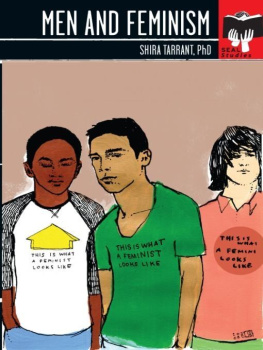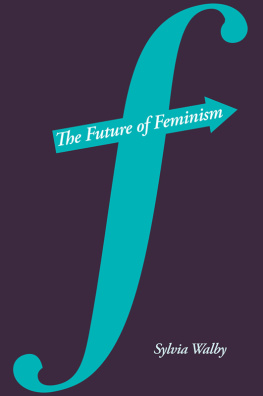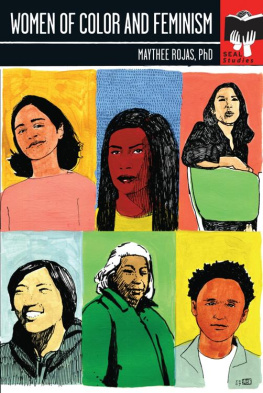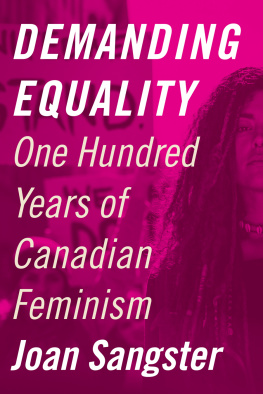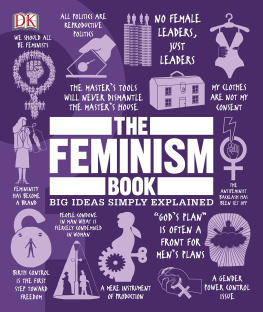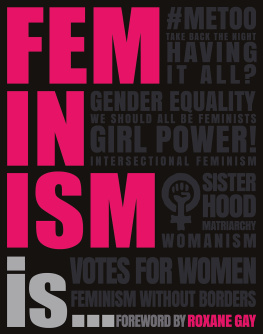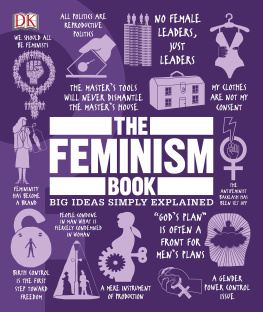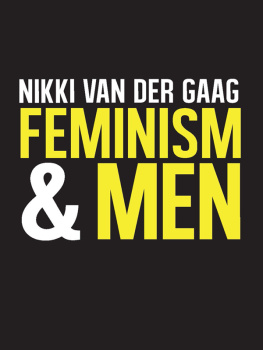Table of Contents
For Julia Arons, a bright shining star who left us much too soon. And for Kate and Bob Arons. I know youll carry your sisters memory while you keep making new ones of your own.
Julia Arons
1988-2008
PROLOGUE
WHAT DO I KNOW ABOUT MEN?
That might be the million-dollar question. I mean, what do any of us know about men, really?
Most of what we think we know about men and masculinity comes to us from movies, music, and ads on TV. We might have heard that men are from one planet and women are from another. (Its not true, by the way.) We learn what it means to be a real guy from our friends and families and people in our neighborhoods. Tons of assumptions are out there about biology, testosterone, and manhood that deserve a closer look.
But, still, what do Ias a womanknow about men?
To get at this question, lets just say I did a lot of research. Some of it resulted in my anthology about masculinity and progressive change, Men Speak Out: Views on Gender, Sex, and Power . In the process of editing that book, I learned a lot about mens perspectives on a wide range of issues. But I still had many more questions than I did answers. So I spent a lot of time listening and observing. I owe many thanks to all the men Ive met along the way whove engaged in conversations and emails about masculinity, whove gone with me to sports bars, porn conventions, and on other adventures, and whove put up with more than a little discomfort from my many, many questions about what they think it means to be a man.
But theres a second part to this books title: feminism. And that I know lots about. With a PhD in political science and some years under my belt researching and teaching the subject, I found it had come time to take the men and the feminism and put the two together.
We need it.
As the chapters in this book explain in more detail, so much is to be gained by continuing our conversations about men, masculinity, masculine privilege, and feminism. Thats because I believe most menmost people are good. And together we can become even better.
The problem is that we live in a culture that presents us with dominant versions of masculinity as being rough, tough, and rock solid. Men arent supposed to back down. We are surrounded by images idealizing the bad boy, the bad-ass moneymaker. Or we see TV shows, movies, and advertising that portray guys as irresponsible slackers, perpetual adolescents, bumbling through life with faux-innocent Who me, get a job? looks on their faces. Since were bombarded with these limited selections, its challenging to think of alternative options for manhood that are appealing and that resonate with who we might want to be, or who we might want to be with.
Personally, I like tough guys. Ill just cop to it front and center. I like smart guys and sensitive ones, too, most definitely. But (to my own peril) I find it easy to fall for those hypermasculine bad-ass guys. (Im working on it.) All of us make complicated choices about how we live and whom we love. But tough-guy masculinity is only one option that mainstream culture hypes. And narrow options contradict what I know in my head about feminism, which is that its about maximizing our liberty and minimizing arbitrary constraints based on gender or class, race or sexuality.
Why would I start this book, Men and Feminism , with a personal confession about liking bad-ass guys? Because Im not the only one who feels this way. Plenty of heterosexual men respond to tough masculinity. Gay men, queer women, straight girls do, too. Theres a lot of social prodding for it every time we see a movie, go to a football game, pick up a magazine, or watch a political debate. Havent we been taught our whole lives that the tough guy wins the game? Or, as my student Cassie Comley put it, havent we always heard that nice guys finish last? Maybe we grew up in families or neighborhoods where being tough seemed to be the only option.
The problem is that being hard is only one version of masculinity, and its a version thats limiting and potentially harmful to men and to the people in their lives.
I cop to my weakness for tough masculinity because Im as much a part of our culture and the process of critically rethinking it as you, the reader. We all have ways in which our personal lives dont always sync perfectly with our politics, our book knowledge, or our ideals. As humans we are so dang inconsistent. Even downright flawed.
But change and improvement are definitely possiblethe kind of change that provides more options and freedom.
I invite all of us to join in a delightfully imperfect feminist movement that keeps its eyes on the prize while valuing the process. This process can be as messy and as well intentioned as human beings ourselves. This invitation is for you, whether youre a woman or a man or trans or genderqueer. Were in this together as we try to sort things out to create a more just and equitable world. It is crucial that we start talking with each other across various communities about masculinity and femininity, about gender politics, and about sexuality, race, and class.
The night before I sat down to write this prologue, I moderated a discussion at a screening of the film Hip-Hop: Beyond Beats and Rhymes . After we watched the film, I asked the audience what a new vision of masculinity might look like. There was a long silence in the room. Even though we knew in our heads that there are so many possible ways of being men, when it came to describing these out loud, we were all generally stumped. Finally, one guy said he thought being a real man meant having the courage to speak up and to speak ones truth when the time is right.
With Men and Feminism , I invite each of us to think more courageously and more deeply about masculinity. I invite each of us to get real about sexuality, power, and gender politics. And then I encourage all of us to speak up when the time is right.
Chapter 1
OVERVIEW AND INTRODUCTIONS: THIS IS WHAT A FEMINIST LOOKS LIKE
BRANDON ARBER IS A FEMINIST. During college, he was the captain of his swim team and an all-around jock. For Brandon, feminism is a moral belief. Its about thinking girls and women shouldnt be raped, abused, discriminated against, or denied health services, especially if they get pregnant. When it comes down to it, he says, feminism is a viable approach to guiding decisions in our personal, political, and public lives. To Brandon, its just common sense to believe in egalitarian values. It makes sense to care for all people and to bring about a better world.
Greg Bortnichak is a twenty-three-year-old musician who plays in an experimental punk band. Like Brandon, Greg is a feminist, too. Being a male feminist is challenging, Greg explains, because staying true to ideals about equality and justice means he has to consciously pay attention to the way he behaves. Greg first started thinking about gender justice when he was a teenager growing up in what he describes as a homogeneous New Jersey town. Feminism provided tools for Greg to start thinking critically about gender and race and his unearned privileges as a heterosexual white male. He tries in his everyday life to avoid doing things that oppress other people, and he attempts to confront oppression when he sees it around him. This means, for example, that Greg speaks up and refuses to be complicit when his Starbucks coworkers make racist jokes or talk in sexist ways about women.
Derrais Carter graduated from the University of Kansas, where he majored in sociology and African American studies. When Derrais started college, he fell in love with hip-hop and feminism. In fact, hip-hop is what led Derrais to feminist politics when he started thinking about rap lyrics and what he calls the battlefield of identity. Being a feminist gave Derrais a platform for changing his life and how he understands his relations with others. I began to see women as more than a video prop, extra, and eye candy, Derrais writes in his essay This Is What a Feminist Looks Like. Instead he realized that women are highly misrepresented figures in society whom he had been conditioned to mistreat and ignore. When Derrais taught a group of high school students one summer, the conversation led to culture, capitalism, and globalization. By understanding feminism, Derrais says, we were able to talk about how our needs can exploit women in various other countries. The discussion made all of us think more about how we are all connected.

